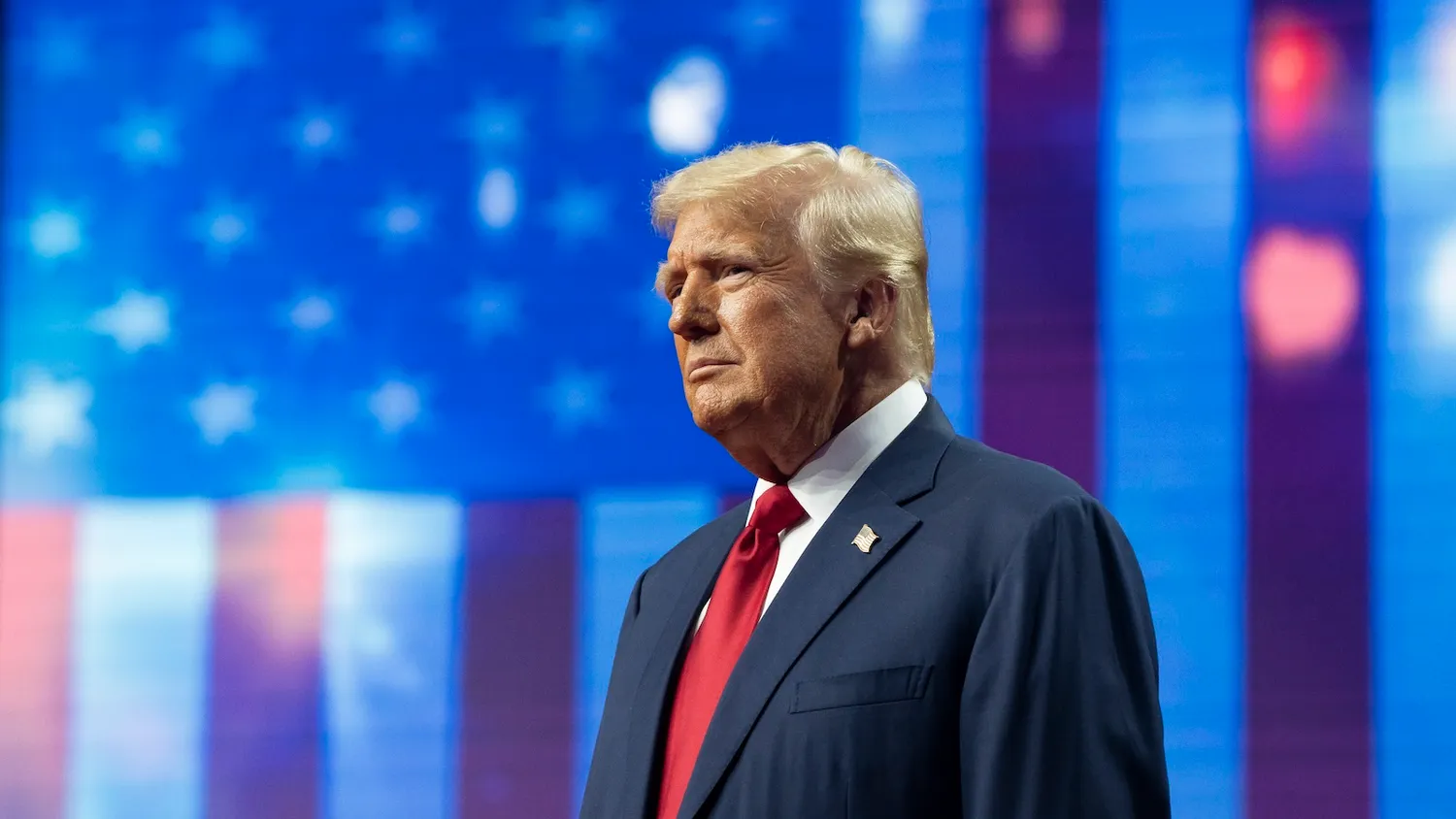lipflip – US Commerce Secretary Howard Lutnick confirmed that the Trump administration wants to secure an equity stake in Intel. This would be in exchange for over $7.8 billion in federal subsidies under the CHIPS and Science Act. The act, passed in 2022, was designed to strengthen the domestic semiconductor industry and reduce reliance on foreign chip manufacturing.
Read More : Temu Faces Slowdown as U.S. Ends Import Tax Break
In an interview with CNBC, Lutnick questioned the logic of giving massive grants to wealthy companies without direct benefits for taxpayers. “America should get the benefit of the bargain,” he said. “Donald Trump’s view is, if taxpayers fund these projects, they should see a return on investment.”
Intel, valued at over $100 billion, was one of the primary beneficiaries of CHIPS Act funding. However, the Trump administration now reportedly wants a 10% equity stake in the company in exchange for the aid. Lutnick emphasized that this would be a “non-voting” stake, meaning it would not give the government control or influence over company decisions.
Lutnick criticized the original CHIPS Act as a “giveaway to rich companies.” Under Trump, he claimed, the structure is being transformed into a deal with measurable returns for the public. “We’re not doing governance,” he clarified, “just converting grants into equity.”
This shift in approach is also meant to address concerns over federal investments with no guaranteed payoff. Intel has delayed some factory projects and faces uncertainty over demand for its 18A chip manufacturing process. The equity proposal aims to safeguard taxpayer money by tying support to a potential financial return, rather than handing out unrestricted grants.
Broader Chip Policy Shifts Raise Questions for Intel and TSMC
The Trump administration’s push for an Intel equity stake is part of a broader strategy to reshape US chip policy. New tariffs on imported semiconductors are reportedly in development, with rates possibly reaching up to 300%. These tariffs aim to encourage domestic chip production and push tech companies to bring manufacturing back to US soil.
Lutnick’s comments also bring TSMC into the spotlight. The Taiwanese chipmaker has already secured $6.6 billion in CHIPS Act funding to support six new factories in Arizona. The administration has not confirmed whether it will seek equity in TSMC, but the precedent set with Intel suggests that similar demands could follow.
While the proposal for equity stakes marks a major shift, it has sparked concerns. Critics worry that government involvement—however limited—could complicate relationships with private companies or deter future investment. Some also question the long-term effectiveness of imposing high tariffs alongside funding programs.
Read More : Microsoft Updates Teams to Block Malicious Files
Intel’s delays in factory expansion highlight the challenges of incentivizing production during a time of global demand shifts. If companies hesitate to scale up, even billions in subsidies may not yield the intended outcomes.
Still, the Trump administration’s approach signals a more transactional strategy: government support in exchange for ownership, not just promises. Whether this model becomes the new standard for industrial policy will likely depend on the results—and how companies like Intel respond in the months ahead.
